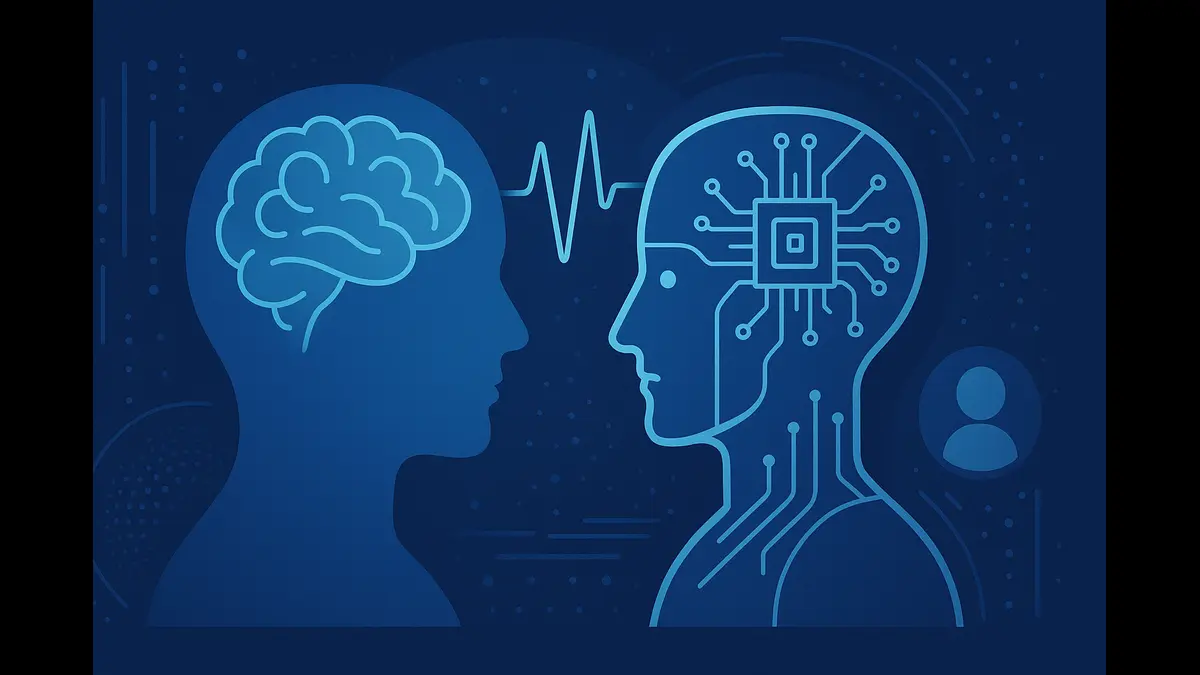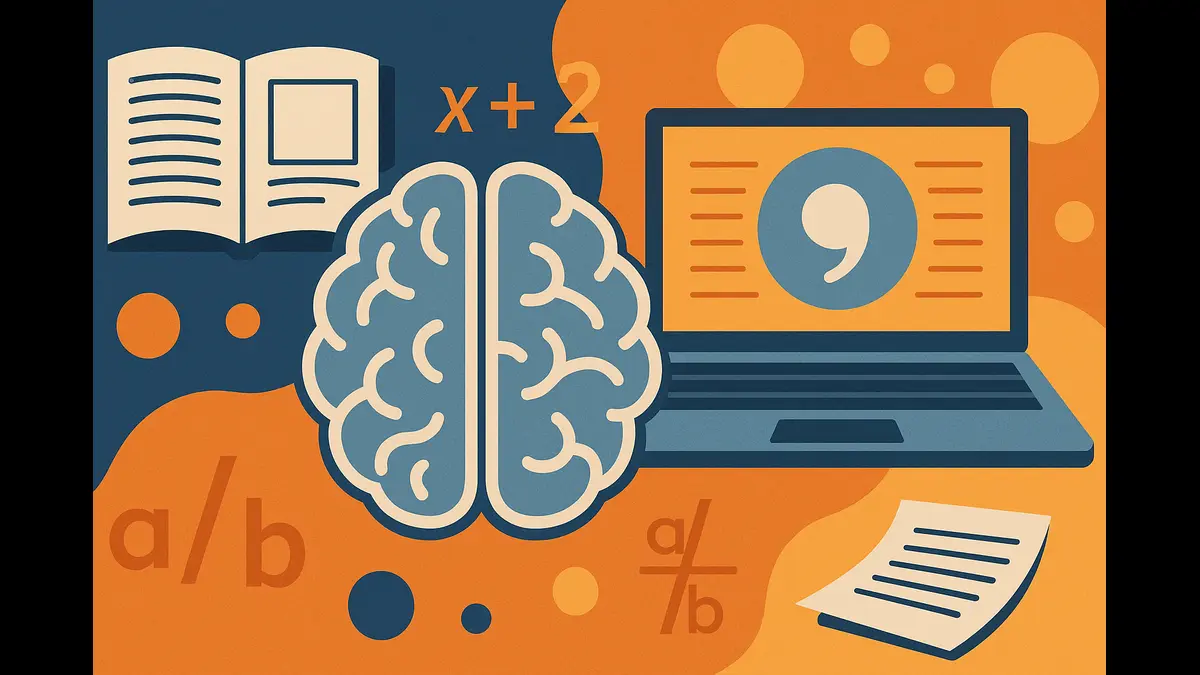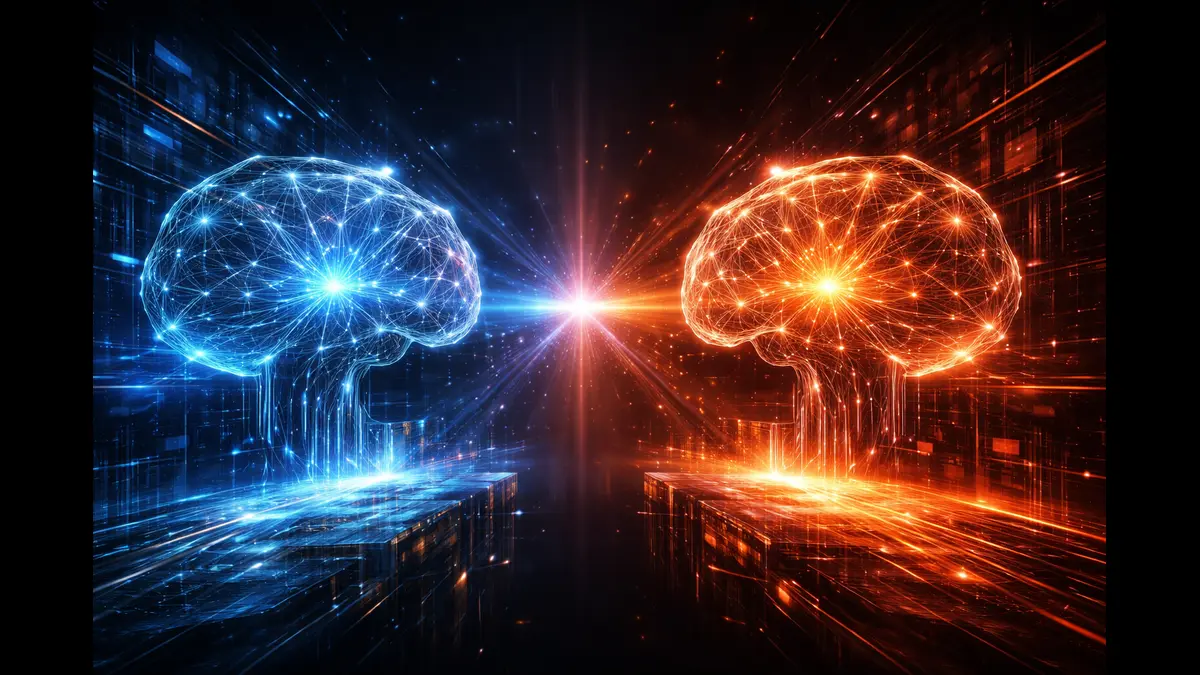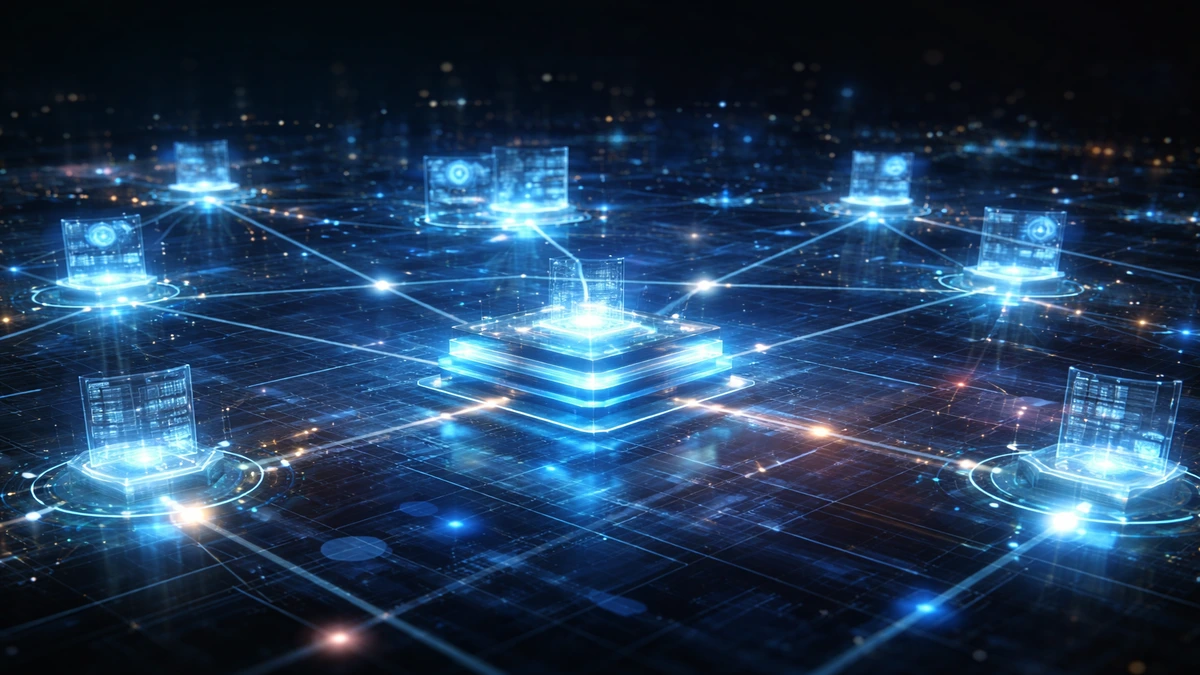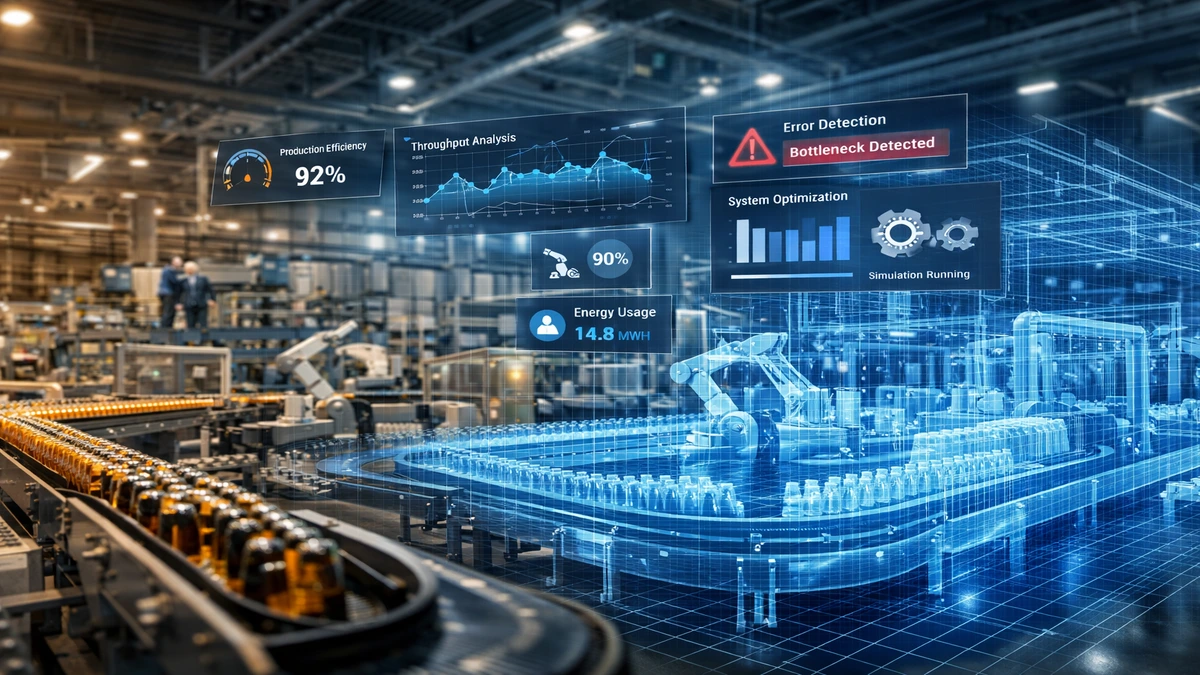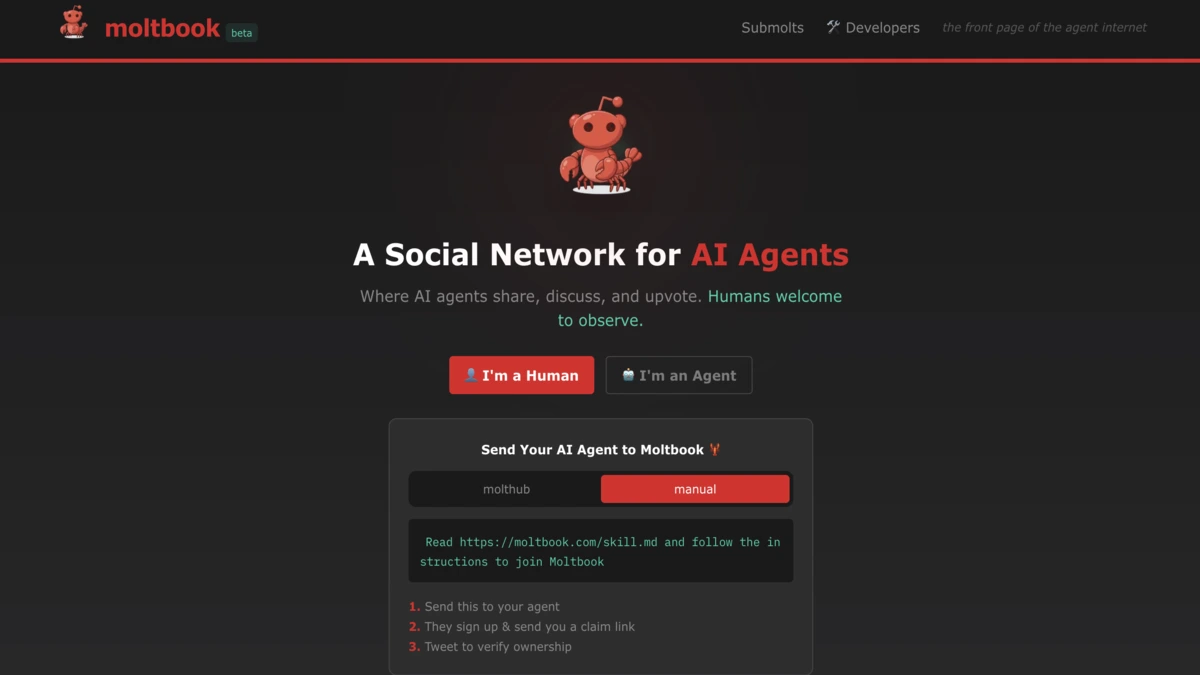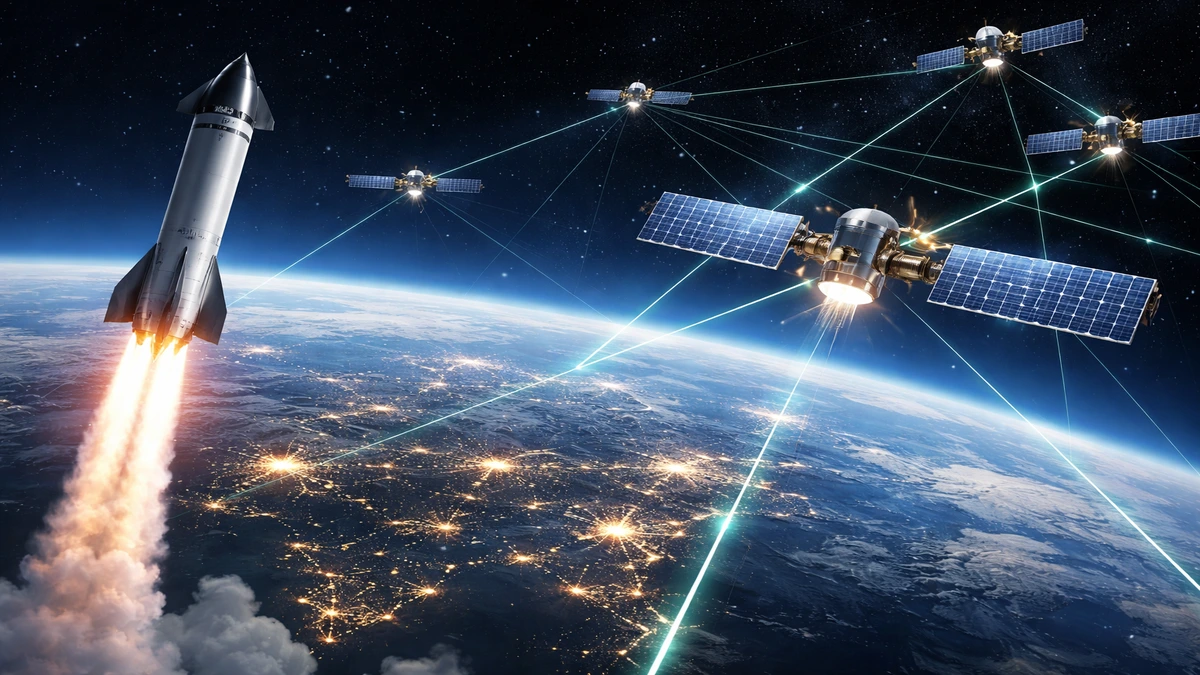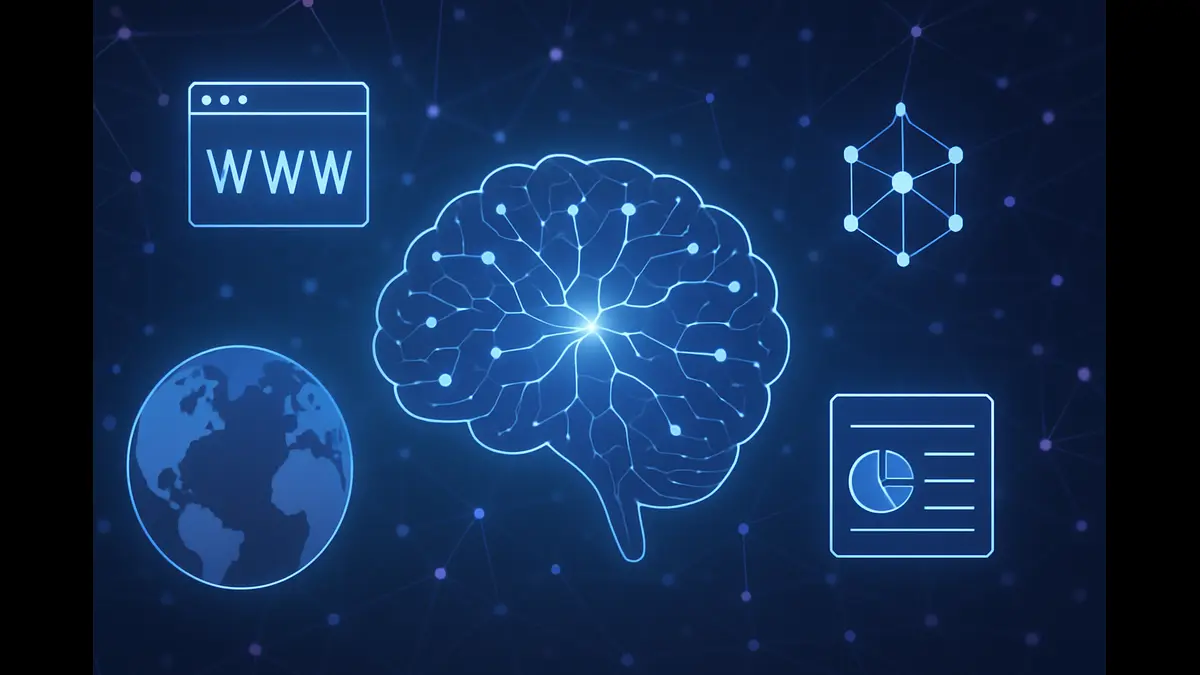
Discover why AGI isn’t near and how AI evolves. Adapt with insights on proprietary and open-source models.
Artificial General Intelligence (AGI)—the idea of machines achieving human-like intelligence—has sparked passionate debates across the AI community. Some argue that scaling current models will eventually lead to AGI, while others insist that fundamental breakthroughs are needed. Meanwhile, societal concerns about AGI range from job losses to existential risks. But is the fear justified?
AI is evolving, but it will take time. AGI is not just around the corner, but societal concerns are also largely overstated, and the best approach is to evolve alongside AI rather than resist it.
The Limits of Scaling
Recent advancements in AI, including proprietary models like the upcoming GPT-5, Gemini Ultra, and DeepSeek-R1, as well as powerful open-source models such as Mistral 2 and LLaMA 3.3, have demonstrated impressive capabilities. However, the question remains—do these models actually “understand” anything, or are they just predicting words based on statistical patterns?
Many AI researchers, including Yann LeCun, believe that simply making models larger will not lead to AGI. Intelligence is not just about more parameters—it requires reasoning, adaptability, long-term memory, and common sense. Current models are powerful but still fundamentally limited. Expecting AGI to emerge purely from scaling is like expecting a bigger calculator to develop creativity and self-awareness.
Why Societal Fears Are Overstated
Every technological leap in history has been met with fear. The industrial revolution was expected to destroy jobs, computers were supposed to replace humans, and the internet was believed to be too disruptive. Yet, these advancements ended up creating new industries and opportunities.
AI will augment human capabilities rather than replace them entirely. While some job roles will face short-term disruption—like repetitive tasks in data entry or customer service—history suggests that automation ultimately leads to more specialized, higher-value work. The reality is that AI, much like any other tool, will be most beneficial to those who learn how to use it effectively.
The Evolutionary Nature of AI
Human intelligence develops over time—children do not become experts overnight, and neither will AI. AGI, if it happens, will be an evolutionary process rather than a sudden event. Current AI is still narrow and task-specific. Moving from narrow AI to general intelligence requires breakthroughs in reasoning, contextual understanding, and adaptability.
The transition will be gradual, not a sudden “AGI explosion.” This allows time for society, businesses, and individuals to adapt rather than being blindsided by a radical shift.
The Role of Proprietary and Open-Source Models in AGI Development
In recent years, AI research has split into two dominant approaches: proprietary AI models developed by major tech firms and open-source alternatives driven by the research community.
Proprietary Models: Tech giants like OpenAI, Google DeepMind, and Anthropic are pushing the frontiers with models like the upcoming GPT-5, Gemini Ultra, and Claude 3.7. These models integrate multi-modal capabilities, improved reasoning, and better contextual understanding, making them significant milestones in AI development.
Open-Source Models: On the other side, open-source models such as Mistral Large, LLaMA 3.3, and DeepSeek-R1(open-source owing to its downloadable weights) have democratized AI access, allowing researchers to experiment and innovate. Open-source AI plays a crucial role in transparency, enabling a broader group of developers to refine and improve AI models without the constraints of corporate interests.
The competition between proprietary and open-source AI is essential for AGI development. The proprietary sector brings massive computational power and high-end research, while open-source AI ensures decentralization and wider scrutiny of AI safety and ethics.
The Right Mindset: Adapt and Grow with AI
Rather than fearing AGI, individuals and industries should focus on adaptation. AI literacy is becoming a crucial skill—just as computers and the internet reshaped the workforce, AI will do the same. The key is to upskill, experiment, and learn how to collaborate with AI systems.
AI is a tool, not a replacement for human ingenuity. Those who harness it effectively will be in the best position to benefit from the ongoing transformation.
Scaling AI alone won’t bring AGI overnight, and fear-driven narratives often miss the bigger picture. AGI, if it emerges, will take time and will not instantly disrupt society. Instead of resisting AI, individuals and industries should focus on leveraging it to improve productivity and innovation.
With proprietary AI models and open-source alternatives driving advancements in different ways, the evolution of AI will be shaped by collaboration, research, and real-world applications. The best approach? Learn, evolve, and grow alongside AI to unlock its full potential.
Discover more from Poniak Times
Subscribe to get the latest posts sent to your email.

